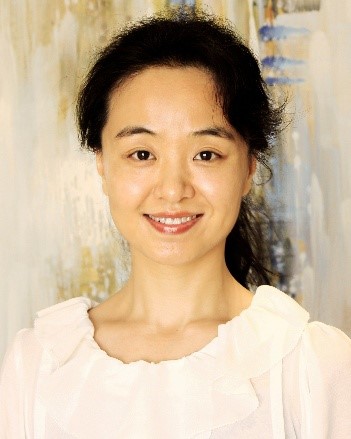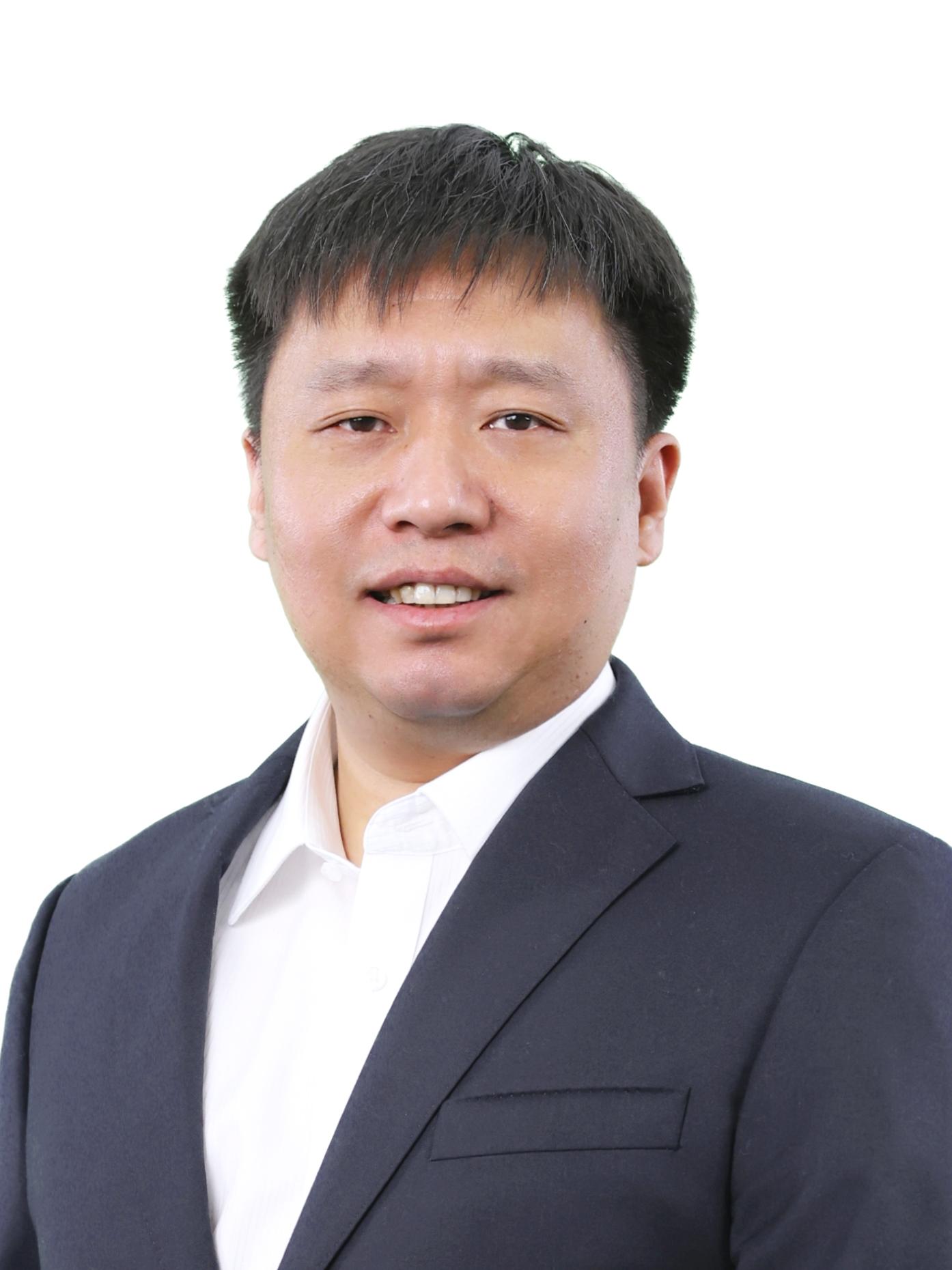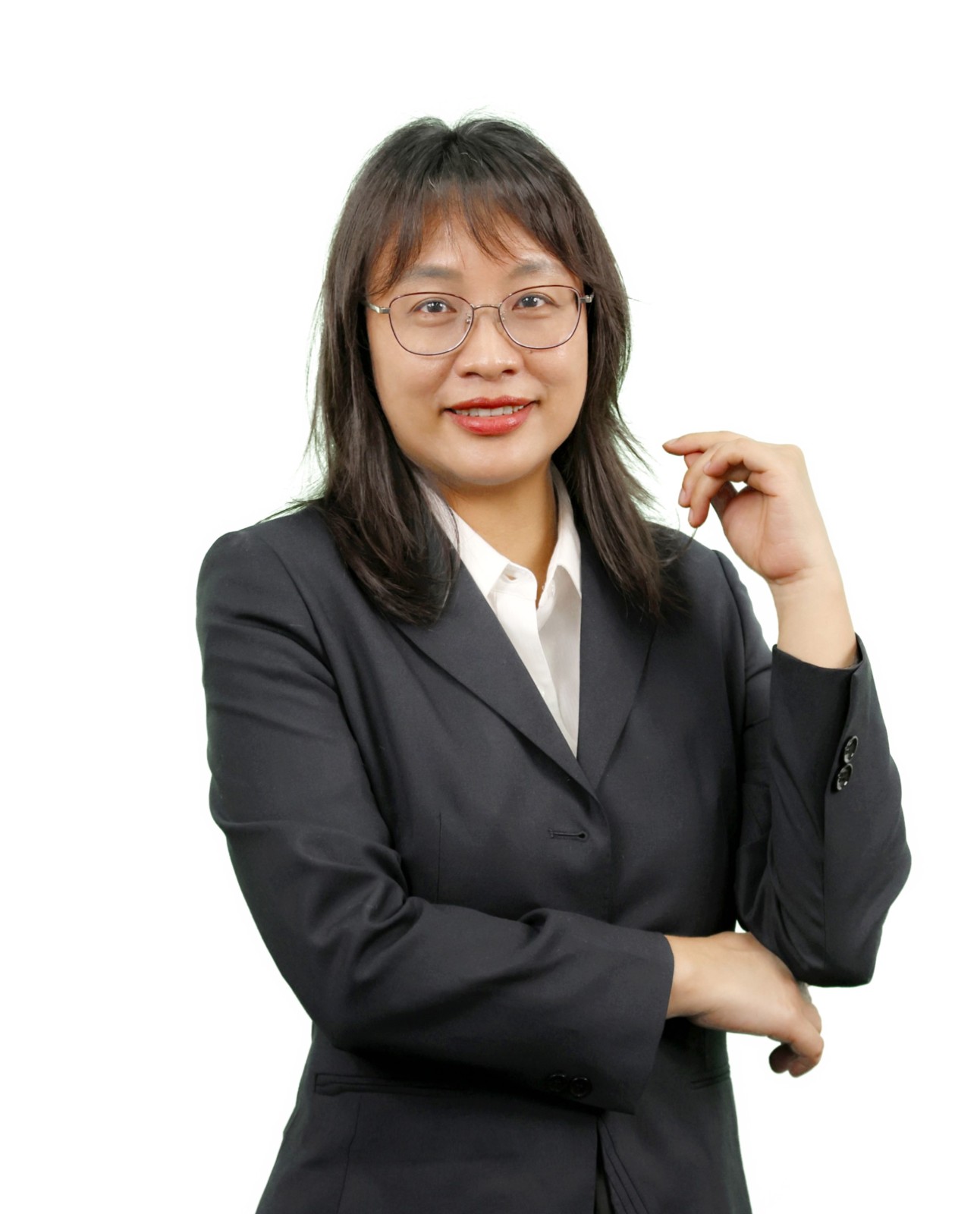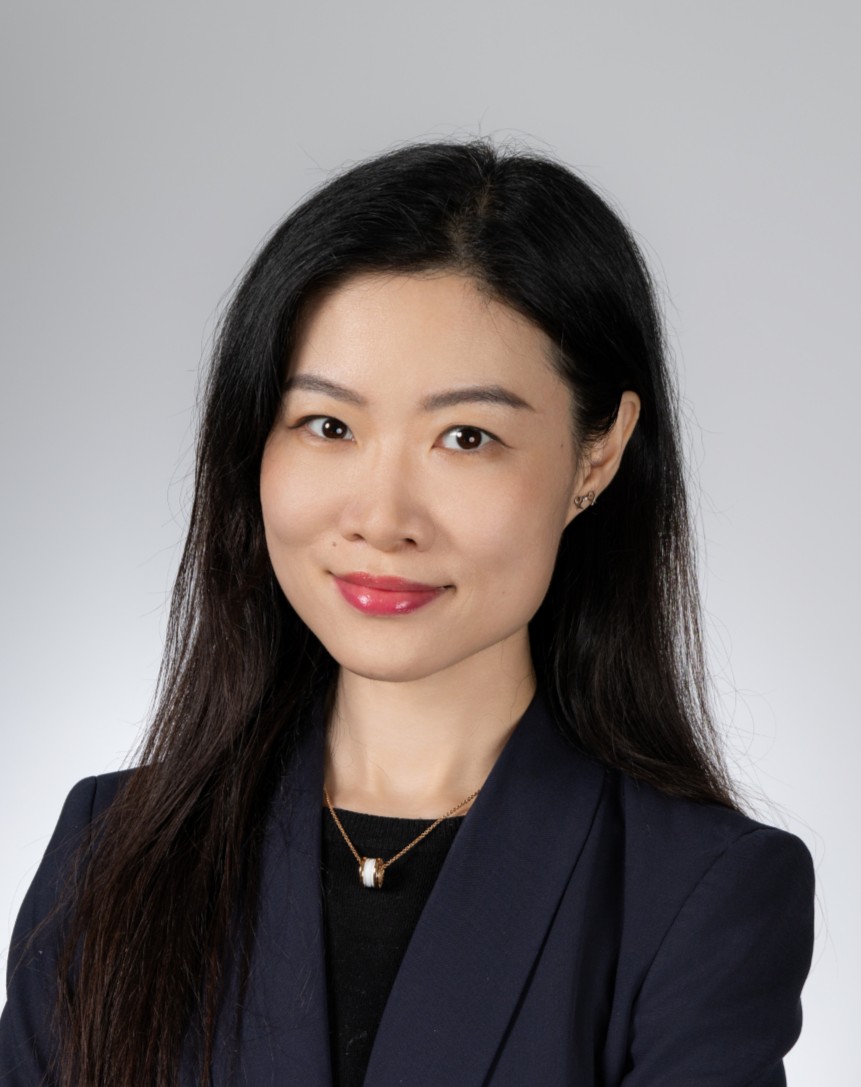
Invited Speaker
| Prof. Yuli Yang, Soochow UniversityHEA Fellow,IEEE Senior MemberYuli Yang gained her PhD degree in Communications & Information Systems from Peking University, China. She is a Professor in the School of Electronic & Information Engineering, at Soochow University. Prior to joining Soochow University, she was with the University of Essex, the University of Lincoln, the University of Chester, Meliksah University, and King Abdullah University of Science & Technology (KAUST) on various academic positions. Her industry experience includes working with Bell Labs Shanghai as a Research Scientist and with Huawei Technologies as an Intern Researcher. Her current research interests include modelling, design, analysis, and optimisation of wireless systems and networks, specifically in endogenous security and endogenous intelligence. Yuli Yang has published over 80 papers in top journals and flagship conferences of wireless communicaitons. She is an inventor of 9 granted patents. Moreover, she has 12 proposals with proprietary intellectual property rights accepted by internationally industrial standards, including LTE-Advanced for 4G, IEEE 802.11n for WiFi, IEEE 802.16m for WiMAX, and IEEE 802.22 for cognitive radio. Recently, Yuli Yang has proposed a series of metasource-based secret key generation techniques. She has been invited to deliver a half-day tutorial on these techniques in the conferences IEEE International Wireless Communications & Mobile Computing Conference (IWCMC) 2023, IEEE International Conference on Computer and Communications (ICCC) 2023, and IEEE Global Communications Conference (GLOBECOM) 2024. Title: Metasource-Based Secret Key: Toward 6G URLLC Security Abstract: Achieving 6G URLLC motivates a fundamental rethinking of the challenges communications security is facing. The concept of metasource-based secret key (MBSK) has been recently proposed to implement endogenous security in wireless networks. In contrast to legacy physical-layer security approaches, such as secret-key extraction and artificial-noise injection, the MBSK techniques immediately generate the secret key in fundamental signal processing at the physical layer, e.g., modulation, channel coding, etc. They not only promote the actual realization of endogenous security but also overcome the drawbacks of legacy physical-layer approaches, including unrealistic assumption, high latency, and high power consumption, thus inducing green communications for 6G URLLC. In particular, the MBSK techniques have received sufficient attention and hold the potential of stimulating further vigorous inter-disciplinary researches. In this talk, we introduce the underlying principles, the latest advances, and the challenges of the MBSK realm. |
Engineer Zhan Shi, Power Dispatching Control Center of Guangdong Power Grid Co., Ltd.Zhan Shi is currently a professor level engineer at the Power Dispatching Control Center of Guangdong Power Grid Co., Ltd. He obtained his PhD in Communication and Information Systems from the School of Electronics and Information Technology at South China University of Technology. Serving as Executive Director of the IEEE PES Digital Grid Technology Committee/Fusion Network Technology Subcommittee, Member of the Access Network Group of the Power Communication Special Committee of the Chinese Society of Electrical Engineering, Member of the Communication Technology Standards Working Group of Southern Power Grid Corporation, and Member of the Standards Committee of the Guangdong 5G Industry Application Industry Innovation Alliance. He is a graduate business mentor at South China University of Technology and North China Electric Power University. He has have published 6 SCI papers and 19 EI papers as the first author; Authorized 25 invention patents. Received a total of 10 awards, including the first prize from the China Energy Research Association, the first prize from Southern Power Grid, and the first prize from China Electric Power Technology Innovation. Responsible for 12 technology projects. Title: Construction and large-scale application of power-line communication-based integrated energy-information transmission, sensing, and chip-level computing technologies Abstract: This lecture explores the construction and large-scale application of integrated transmission, perception, and chip level computing technologies for energy information in power line communication. With the rapid development of new power systems, hundreds of millions of massive photovoltaic, charging piles, flexible loads and other distributed objects deeply involved in the balance of the power system, as well as 500 million+only the user's smart meter, source-load interaction operation to the communication puts forward new requirements. The results of the project have created an integrated power line carrier communication technology system of “communication, sensing and calculation”, made breakthroughs in the key technology of cloud-side-end cooperative computing of carrier chips, developed autonomous and controllable communication modules, equipment and systems, realized standardized production and large-scale application, and provided key core technology support for the digital transformation of the power grid, and made important contributions to the construction of a new power system industry ecosystem of large-scale source-load interaction and energy-information fusion for a new type of power system. It has made an important contribution to the construction of an industrial ecology of carrier communication for large-scale source-load interaction and energy-information fusion in new power systems. |
|
| Engineer Peiming Zhang, The Power Dispatching and Control Center of the Guangdong Power Grid Co., LtdPeiming Zhang is currently a senior engineer at the Power Dispatching and Control Center of the Guangdong Power Grid Co., Ltd. She holds a Master's degree in Software Engineering at the Software school of Sun Yat-sen University. Concurrently, she is a member of the Energy Internet Professional Committee of the China Institute of Communications. Additionally, she holds the position of Deputy Secretary-General of the Power Communication Professional Committee of the Guangdong Society for Electrical Engineering. At the same time, she is a master's supervisor of North China Electric Power University and an external corporate mentor at Sun Yat-sen University. She has published 14 papers, including 8 IEEE conference papers and 11 English-language EI papers. She has obtained 46 national invention patents and received 16 science and technology awards. Furthermore, she has led or been a part of 25 science and technology projects for the Guangdong Power Grid. Title: Research and Application of Innovative Technologies for Security Defense and Intelligent Operation & Maintenance in Power Distribution Communication Networks Abstract: This talk explores the esearch and application of innovative technologies for security defense and intelligent operation and maintenance in power distribution communication networks. With the development of artificial intelligence technology and the intelligence of the power industry, the distribution communication network has shown the characteristics of increasing business types, emerging businesses, and complex network architecture, which poses challenges to data transmission, storage, and processing in the distribution communication network. This article intends to conduct research on key technologies for self-intelligent and self-healing distribution communication network security defense and intelligent operation and maintenance, focusing on how to handle and use heterogeneous data, how to perceive faults in a timely manner, how to autonomously repair networks, and how to dynamically and intuitively display data. The aim is to bring better security, stability, and reliability to the distribution communication network, thereby meeting the needs of new power systems for efficient and intelligent distribution communication. |
Prof. Hong Xing, Hong Kong University of Science and Technology (Guangzhou)Dr. Hong XING received the B.Eng. degree in Electronic Sciences and Technologies from Zhejiang University, China, and the Ph.D. degree in Wireless Communications from King‘s College London, U.K.. Since Jan. 2022, she has been an Assistant Professor with the IoT Thrust, The Hong Kong University of Science and Technology (Guangzhou), China, and an Affiliate Assistant Professor with the Dept. of ECE, The Hong Kong University of Science and Technology, HK SAR. From Mar. 2019 to Dec. 2021, she was appointed as a Research Associate Professor with the College of Electronics and Information Engineering, Shenzhen University, China. Prior to that, she was a Post-Doctoral Research Fellow with Queen Mary University of London and King’s College London, U. K., respectively, from Feb. 2016 and Jan. 2019. Her research interests include federated learning, edge learning/inference, reliable AI, and neuromorphic computation based integrated sensing and communications. Her research output has received 2000+ citations (Google Scholar, H-index 22), including two ESI highly cited papers. She received the Best 50 of IEEE Global Communications Conference (GLOBECOM’14) in 2014. She currently serves as Editor for IEEE WIRELESS COMMUNICATIONS LETTERS. Title: New Paradigm for Next-Generation Edge Intelligence: from Communication-Efficient Federated Learning to Statistical Coverage Guaranteed Federated Inference Abstract: With emerging AI applications running over geo-distributed IoT terminal devices, upsurge of interest has been gained for federated edge intelligence, where multiple devices collaboratively train (calibrate) a shared (pre-trained) model w/o explicit exchange of local data. To improve spectral efficiency in massive connectivity scenarios, over-the-Air (AirComp) federated learning (AirFL) is well known to enable multiple agents’ simultaneous access to the uplink channel for model aggregation. However, it encounters many challenges in implementations, for instance, poor generalization due to data heterogeneity and deteriorated signal alignment due to inaccurate or unaffordable channel estimation. In this talk, we introduce the meta-learning based personalized FL (meta-pFL) and non-coherent AirFL (NCAirFL) in an AirComp setting. By revisiting the unique role played by channel impairments, the proposed Air-Meta-pFL aims for pre-training a shared hyperparameter that can be efficiently fine-tuned for new tasks and/or new agents, revealing the fundamental trade-off between convergence and generalization, while the proposed NCAirFL achieves the same convergence rate as FedAvg under ideal communications, leveraging binary dithering codes together with non-coherent detection. Furthermore, we also investigate fully decentralized scenarios where each device with limited held-out datasets can only communicate with its neighbors, and propose two message passing based frameworks to achieve reliable inference via conformal prediction (CP). |
|



